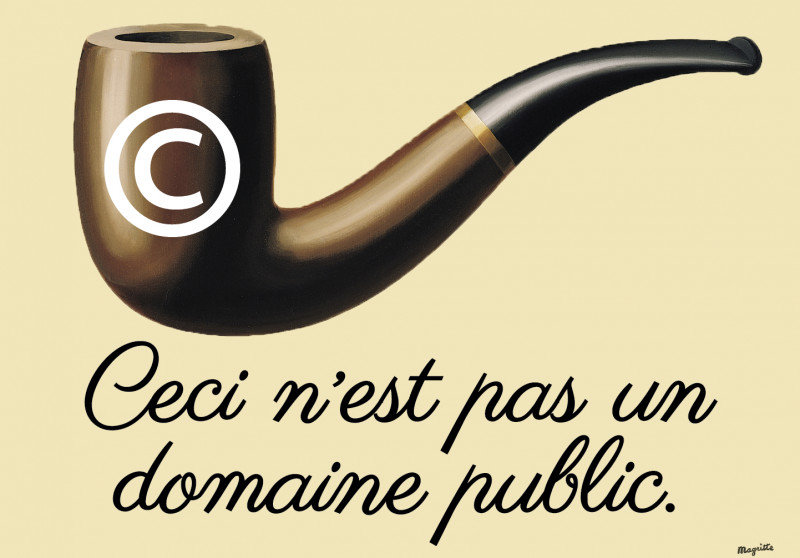There is a song, whose title I dare not quote lest I incur the wrath of the copyright holders, that states something to the effect that the greatest boons in life may be obtained without monetary expenditure. Even if you know the composition to which I refer, please don’t start humming it. Alexa, or Siri, or somebody will detect the tune and your account will be charged according to the licensing rates dictated by ASCAP.
The sentiment expressed by that refrain makes me weepy (though I am usually weepy during layout week); not that it is a beautiful lie, but that it used to be true. None of what we have taken for granted as being, well, granted is ours by right. Certain men in suits (whom some of you may admire for their swashbuckling spirit) have said that we have no inalienable right to clean air or potable water. Fine. I can accept that. They do have nice suits, so they must know something.
I honestly don’t mind quaffing the runoff from my gutters or gasping for breath as long as some worthy entrepreneur is putting the commodities I lack to profitable use. No, where I’m about to alienate a few of you is by mentioning those words which may now never be used in company, polite or otherwise. If you like, you may leaf ahead to the Professor’s column on page seven and spare yourself the trauma of reading those forbidden words.
Now that the trigger warning has been given, I’ll say here that I wonder if we’ll ever see the restoration of what used to be known as the Public Domain. (Oh, now I’ve done it. I wonder if my mailing privileges will be revoked for unpacking such a communistic sentiment.)
If Red I be, I concede I’ll never be more than a Cafeteria Communist. In fact, I’m delighted at the prospect of living recording artists receiving some royalties for work for which they were underpaid in the 1950s and 1960s. That is the injustice that the CLASSICS (Compensating Legacy Artists for their Songs, Service, & Important Contributions to Society) Act, now before Congress, has been created to rectify.
Their pre-1972 work was contracted to the record companies for a pittance, and there are musicians in the world who are living in poverty while their music blares all over the internet. Unless they were credited as songwriters, they get nothing. So, for those recording artists, the CLASSICS Act is a good and necessary thing.
I can smile and say that all aging, impoverished rock ’n’ rollers must be paid. Yes, indeed. Of course, the music I really love was recorded before 1940, and nearly all the artists who cut it onto disc have departed this life. They are much mourned (by me, anyway) but the money keeps rolling in to the entities controlling the intellectual property rights for the records they created. Irving Kaufman, say, isn’t clamoring for his artist’s royalties, but they are bound to enrich somebody.
It is probably offensive to certain people that all this old music has been lying around and nobody has been able to make money from it. Such a condition is disturbingly unnatural—hence my reluctance to employ the hated phrase you see above. The modern, enlightened view is that intellectual property rights are like mineral rights. If a creative work is just sitting out in the open with no clear ownership, we stake a claim to it and thereby profit.

I doubt that those drafting legislation will take my (admittedly socialistic and communistic) view that the culture of the past, made freely available, enriches the culture of the present and ensures the culture of the future. If beloved songs are made available to us only when we scale an increasingly steep paywall, do they make a sound? It took decades for the courts to admit that “Happy Birthday” was in the, er, Public You-Know-What; the copyright holder fought tenaciously to retain the millions the tune generated.
For years before that decision, when anyone suffered a birthday in a restaurant, they had to torture the celebrant with a ghastly birthday song that nobody recognized—rather than the ghastly birthday song that everybody recognizes. No ASCAP license—no “Happy Birthday.”
I love old records made by dead people. It’s most selfish of me to want to listen to those performances—and restore and share them—without compensating the interested parties. No, it’s not just selfishness—it’s theft. I am an intellectual property thief for enjoying and sharing the work of Irving Kaufman without tracking down the corporate entities and paying them handsomely for the works they happen to have acquired. I’d much rather pay Irving directly. Would that there were PayPal in Heaven!
I should not complain too vociferously. There are wonderful old records all over YouTube, some of which are played at their correct speed on something other than a mis-aligned portable Victrola equipped with a vintage railroad spike. And some of the accompanying ads are not that loud or obnoxious. But even the milder, less-obtrusive ads remind us that someone is being paid for the privilege of demonstrating an ancient found object.
I wish some swashbuckling gentleman in a nice suit would explain to me why this should be so. I might be appeased. “Yes, I owe you, the official representative for the deceased composer, lyricist, and performing artist, money for listening to a record made 94 years ago.”
I’ll write him a check and he’ll say, “Don’t feel so bad. Songs cost, bigtime. But some things really are gratis, like—you know what they say. ‘The moon belongs to everyone. . .’”
Andy Senior is the Publisher of The Syncopated Times and on occasion he still gets out a Radiola! podcast for our listening pleasure.






















